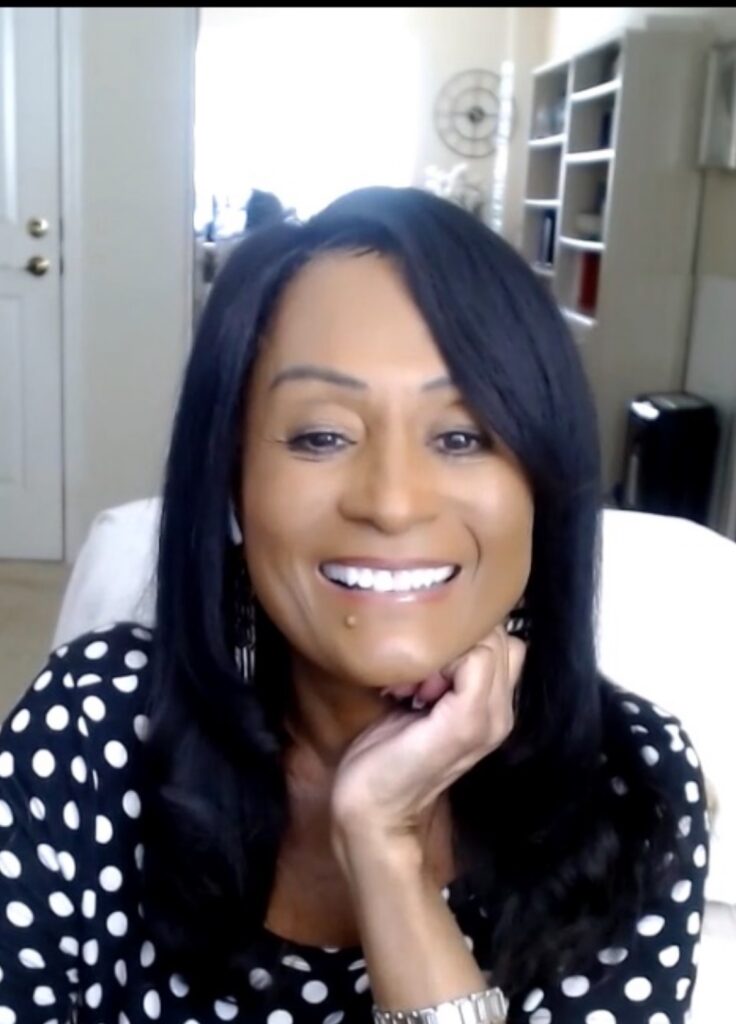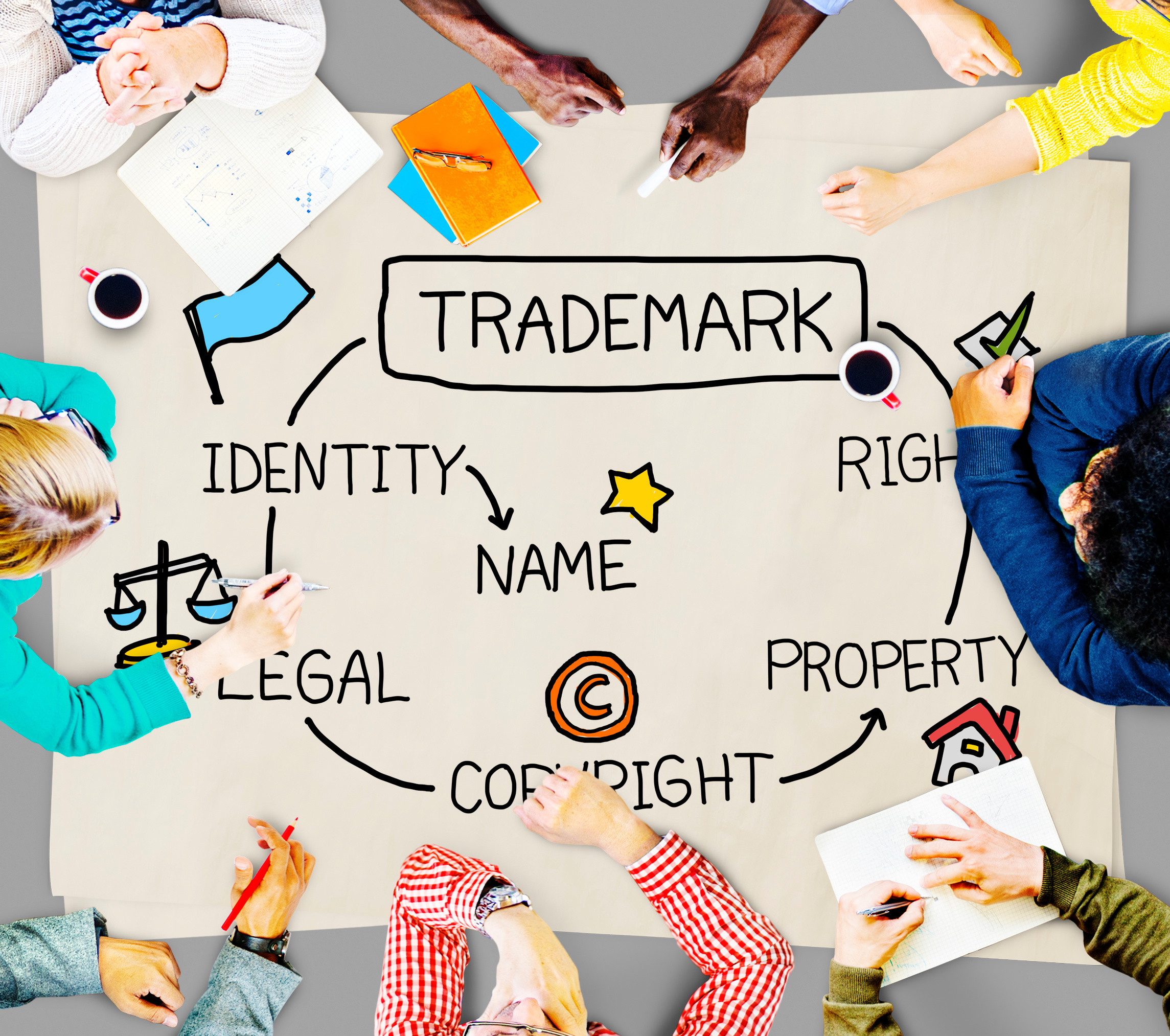Are you thinking about writing a book, creating materials for a presentation, or writing a song with another person? If so, you may want to read this first.
Many people are quick to enter into joint authorship and other collaborative relationships with others. While that can be a pleasurable and often lucrative experience, there are pitfalls to be aware of. This blog post will address one of those issues—who owns the copyright in the finished product, and why does it matter.
Joint Ownership. Joint Copyright.
Joint ownership occurs when 2 or more people contribute their valuable content, for the purpose of creating a single work. And, just because you came up with the underlying idea for the project, doesn’t mean you have a right to the copyright. The law says that to be considered an “author” you must convert that idea into a tangible form, such as a book, blog, website content, documentary, music. The other thing that is necessary for joint ownership rights to exist is “intent”. The joint authors must intend to create a joint work of art or authorship.
EXAMPLE: Let’s say A and B collaborate on a book. A came up with the idea and contributed to a chapter. B actually wrote most of the book. A assumed because it was his idea and he contributed something that he, along with B was a copyright owner. When the book was published and B was the sole copyright owner, A was mad. Who knows what the outcome of this would be if it went to court, but one thing is for sure, A will have to pay a hefty fee to a lawyer to find out.
Why is Joint Copyright Owner Status so Important?
A joint owner of a copyrighted work has an undivided, equal interest with the other joint owners. What that means is each copyright owner shares equally in all profits generated by the copyrighted work. Also, each copyright author has the legal authority to make money from the joint work, as long as they account to the other copyright owner, for any and all profits generated.
Copyright Law Governs.
If two or more authors claim ownership rights in a copyrighted work, federal law (copyright law) and not state law (contract law) will be used to decide who wins. That’s the good and the bad news depending on what side of the table you sit. So how can you protect yourself?
1. Have agreements with everyone you collaborate with.
2. ALWAYS put those agreements in writing.
3. Have a professional draft the agreement, unless you really don’t care about your work. Internet templates are garbage, unless you have a competent IP and/or contract lawyer review it for you.
4. Make the protection of your content, products, ideas (assets) a priority.
Until next time, I’m Attorney Francine Ward looking out for your rights!
Join the conversation at my Facebook Business Fan Page.

Francine D. Ward
Attorney-At-Law, Author, Speaker
Follow Francine:
Don’t miss Francine’s Latest Blogs:
- Common Contract MistakeCommon Contract Mistake #1. Not Having Written Agreements with EVERYONE You Do Business With. Common contract mistake. Without question, the most common contract mistake is not having the terms of… Read more: Common Contract Mistake
- AI and PatentsAI and Patents. Understanding Patent Law in the Age of AI. Patents, along with Copyrights, Trademarks, Trade Secrets, and Rights of Publicity, are one of the five areas of practice… Read more: AI and Patents
- Effective Goal SettingSetting Goals. It’s that time of year, time to plan for effective goal setting. A time when some of us start thinking about goals for the upcoming year. If you… Read more: Effective Goal Setting
- Indemnify AI UseBeware of companies that say they will indemnify AI use, that they will pay ALL the legal costs incurred by customers using Generative AI services (like ChatGPT, CoPilot, or Bard).… Read more: Indemnify AI Use
- Trademark A NameHow to Trademark a Name A trademark can be a word, phrase, design, logo, color, sound, or a combination of those things that identifies the source of a product or… Read more: Trademark A Name
Don’t miss Francine’s Latest Blogs:
- Common Contract MistakeCommon Contract Mistake #1. Not Having Written Agreements with EVERYONE You Do Business With. Common contract mistake. Without question, the most common contract mistake is not having the terms of… Read more: Common Contract Mistake
- AI and PatentsAI and Patents. Understanding Patent Law in the Age of AI. Patents, along with Copyrights, Trademarks, Trade Secrets, and Rights of Publicity, are one of the five areas of practice… Read more: AI and Patents
- Effective Goal SettingSetting Goals. It’s that time of year, time to plan for effective goal setting. A time when some of us start thinking about goals for the upcoming year. If you… Read more: Effective Goal Setting
- Indemnify AI UseBeware of companies that say they will indemnify AI use, that they will pay ALL the legal costs incurred by customers using Generative AI services (like ChatGPT, CoPilot, or Bard).… Read more: Indemnify AI Use
- Trademark A NameHow to Trademark a Name A trademark can be a word, phrase, design, logo, color, sound, or a combination of those things that identifies the source of a product or… Read more: Trademark A Name












